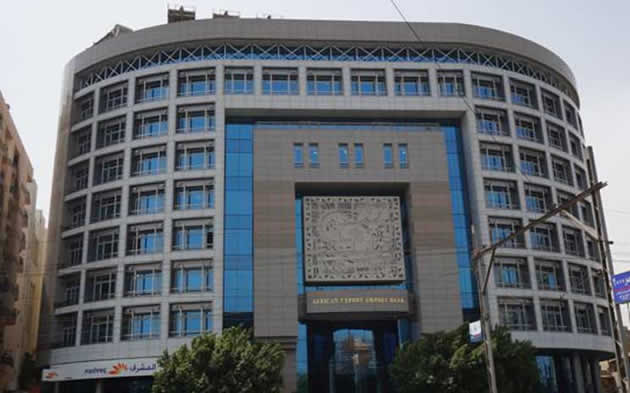The African Export-Import Bank (Afreximbank) said on Monday that Madagascar had joined the bank as a participating state.
A statement by the continental trade finance institution in Lagos, said Béatrice Jeanine Atallah, Minister of Foreign Affairs of Madagascar, formalized the country’s membership of the bank on June 24.
According to the statement, the signing of the instrument commits Madagascar to take all necessary steps for the ratification of the Establishment Agreement of the bank.
“Membership of the bank gives Madagascar automatic access to the full range of products and facilities offered by Afreximbank, including trade finance facilities, project finance services, trade information and advisory services, among other.
“Under the terms of the Agreement, new countries are required to first issue an instrument of acceptance and accession and then proceed to formally ratify the Agreement in order to fully activate their membership of the bank,” it said.
Current Afreximbank participating states include Angola, Benin, Botswana, Burkina Faso, Burundi, Cameroon, Cape Verde, Chad, Côte d’Ivoire, Democratic Republic of Congo, Djibouti, Egypt, Ethiopia, Gabon, Gambia, Ghana, Guinea, Guinea Bissau, Kenya, and Lesotho.
Others are Liberia, Malawi, Mali, Mauritania, Mauritius, Morocco, Mozambique, Namibia, Niger, Nigeria, Republic of Congo, Rwanda, Senegal, Seychelles, Sierra Leone, Sao Tome and Principe, South Sudan, Sudan, Tanzania, Togo, Tunisia, Uganda, Zambia and Zimbabwe.
Participating States would become shareholders when they acquire shares in the bank.
The News Agency of Nigeria (NAN) reports that Afreximbank shareholders are a mix of public and private entities divided into four classes.
They consist of African governments, central banks, regional and sub-regional institutions, private investors and financial institutions, as well as non-African financial institutions, export credit agencies and private investors.
Class “A” shareholders are African states, African central banks and African public institutions, including the African Development Bank, while Class “B” is made up of African financial institutions and African private investors.
Class “C” shares are held by non-African investors, mostly international banks and export credit agencies, including Standard Chartered Bank, HSBC, Citibank, China Exim Bank and Exim India.
Class “D” shares, a tier approved in December 2012, are fully paid par value shares that can be held by any investor.
Afrexinbank has its headquarters in Cairo. (NAN)
JI/YAZ



Leave a Reply